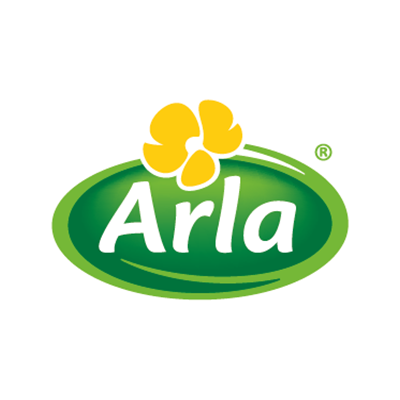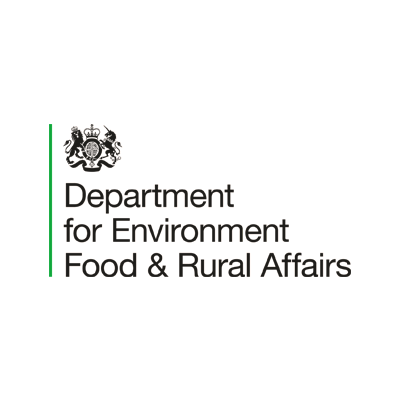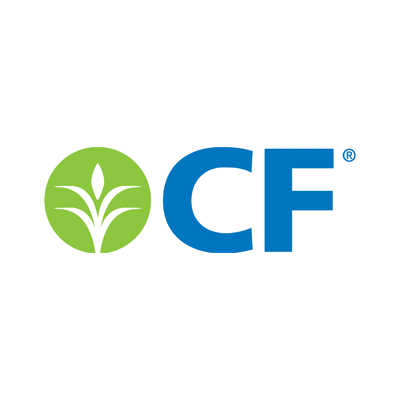Direct farm sales take off during lockdown to #FeedTheNation
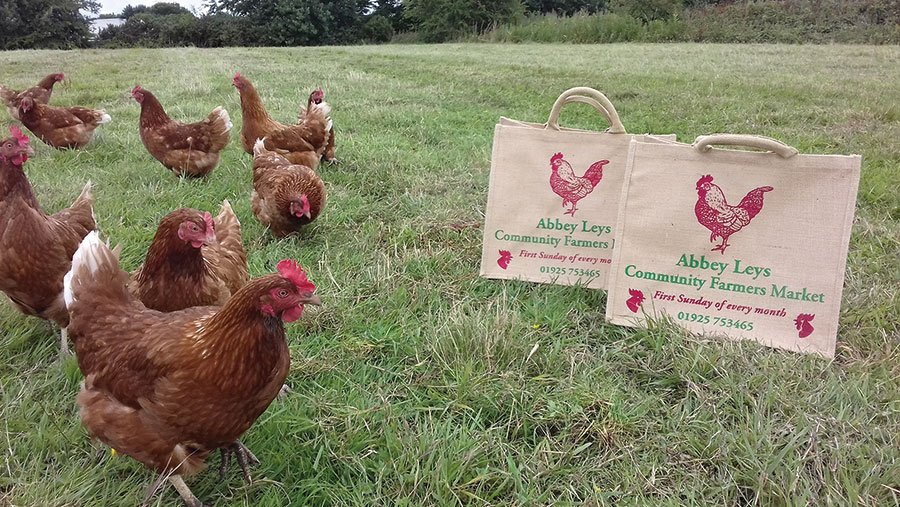
Direct sales of farm produce to consumers have boomed during the coronavirus lockdown, while canny use of social media has added further impetus to this growing market.
“We have seen a massive uplift in sales in the past two months,” says Kate Martin, who rears grass-fed beef and seasonal turkeys with her husband Will. “The lockdown has really encouraged people to buy local, support local.”
See also: Find all our #FeedTheNation content in one place
The Martins are first-generation farmers who started 11 years ago with some bucket-reared calves, and have now built up to 270 beef cattle and 1,100 free-range bronze Christmas turkeys on the 120ha Treway Farm, near St Austell in Cornwall.

Kate and Will Martin
About 40 of these cattle are pedigree or cross-bred Shorthorns, which are used for direct sales, with branded beef boxes retailing from £40 for a 3.5kg offering to £145 for a 15kg box.
“Our entire commercial herd is now being put to our three Shorthorn bulls, demonstrating our faith in selling direct,” says Mrs Martin.
Social media
Social media has been instrumental in growing this business, especially during the lockdown. For example, last year the Martins processed four bullocks. This year they have done seven already.
Mrs Martin primarily uses Instagram and Facebook, having about 800 followers on each, which then link to the website.
“There has been a snowball effect. People use social media to find us, they then place their orders, and we then encourage them to post pictures of themselves cooking our beef to share with their social media networks.”
According to Mrs Martin, Instagram has been best for developing more distant markets, with the first beef box recently couriered to Scotland. Facebook has tended to drive more local sales.
“It pays to be proactive when it comes to social media,” she says. “I post every day with stories from the farm, and lots of photos of the children, so people feel connected with us as a family.
“My three top tips are to be consistent in putting yourself out there every day, to maintain quality – well-edited photos and videos, and no spelling mistakes in the text – and to interact with those who get in touch.”
Tips for selling directly using social media during Covid-19
With direct sales from the farm to the customer experiencing a massive increase during the lockdown period, the real challenge will be to retain these customers for the future, says Alison Teare from social media consultants Social Jungle.
“My advice would be to find ways of building long-term relationships with regular communication, use social media to drive traffic to your website, and remember that social media is ‘rented ground’ – if your page is closed down for some reason, you lose everything.”
Other top tips include:
- Choose your social platform carefully – you need to be where your ideal customers hang out.
- Post regular content and the algorithms behind each social platform will give you more reach.
- People want the back story, so share your personal journey, not just the product.
- Be a “peacock”, in other words, get in front of the camera. People want people.
- Nobody wants “vanilla”, so stand out from the crowd and share your personality and enthusiasm.
- Use short videos and add captions – 80% of people watch a video with the sound off.
- Demonstrate excellent customer service, respond quickly to enquiries, go above and beyond.
Getting the message out there
Another farming family reaping the benefits of social media to drive sales during the pandemic are the Harrisons from Abbey Leys Farm, High Legh, Cheshire.
Producing organic eggs and potatoes on about 40ha of owned ground, the family also operate a farm shop selling a wide range of local produce, and a regular farmers’ market.
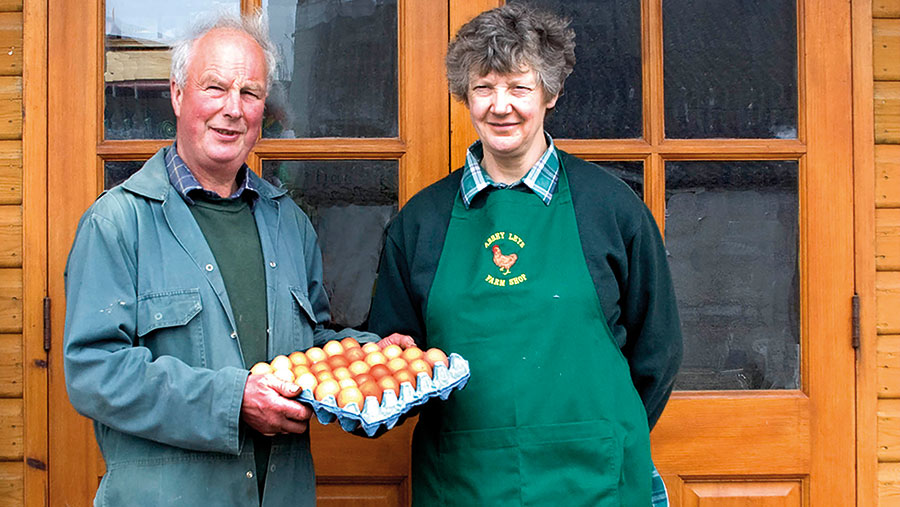
Tim and Janet Harrison
“Our sales have increased exponentially since March, as people have been looking for local food,” says Janet Harrison, who runs the business with her husband, Tim, and daughter, Rosemary.
“We’ve had to put in a delivery service and a collection point for customers to get their orders.”
Mrs Harrison looks after the social media side of things, with about 1,500 followers on Instagram and 600 followers on Facebook.
“Both have grown significantly during lockdown, bringing in extra custom to our business. I post a lot of photos and videos about life on the farm on Instagram, while Facebook is more about the products we have to offer.”
She has noticed that Instagram helps deliver a younger demographic, which means more new customers.
“We are working silly hours at the moment, but it is important to post regularly – and I try to feature my dad quite often. He is known as Farmer Tim locally, and this adds a human dimension.”
#FeedtheNation
Farmers Weekly is getting behind the #FeedtheNation campaign to back UK farmers working flat out to produce safe, affordable and reliable food to feed the nation during the coronavirus crisis.
With our partners, we are raising public awareness of this campaign by highlighting the actions farmers are taking to get food to consumers.
Join in the campaign by sharing your stories with us on Facebook, Twitter or Instagram using the hashtag #FeedtheNation or email us at philip.case@markallengroup.com or telephone 020 8652 4905.


